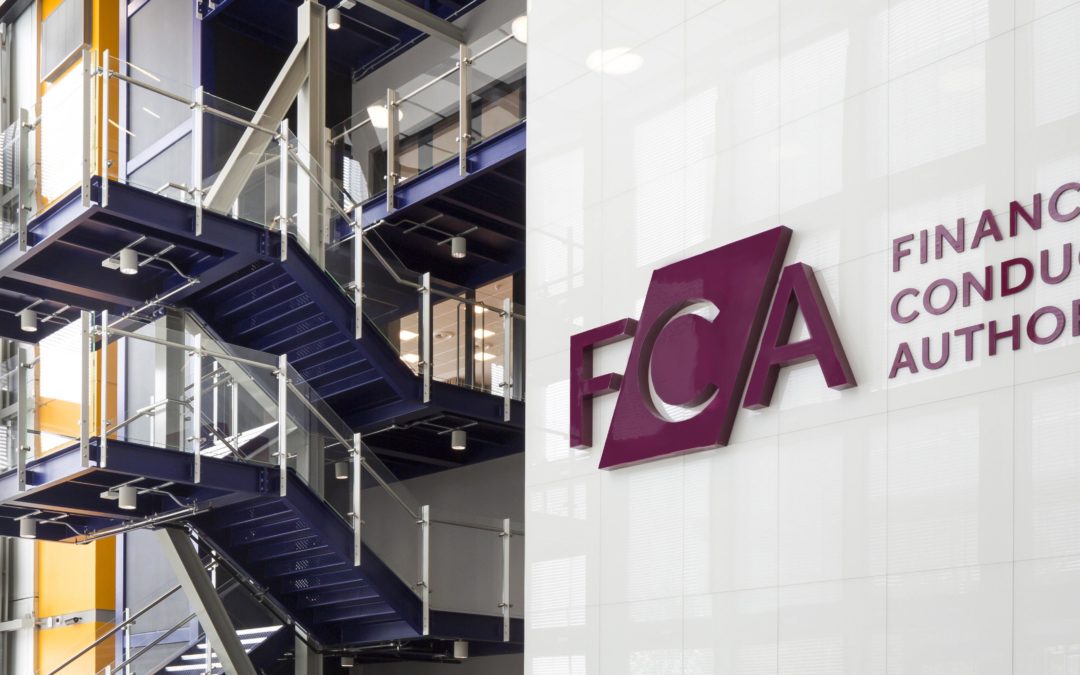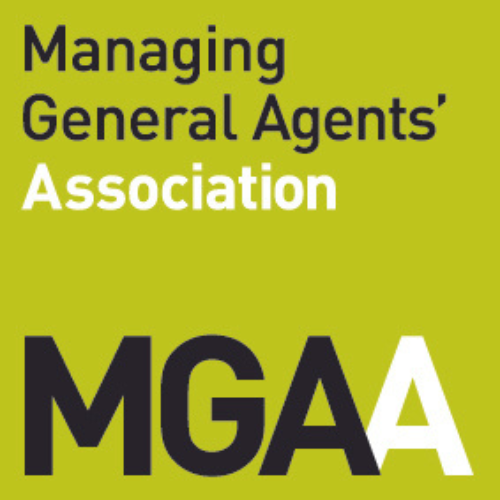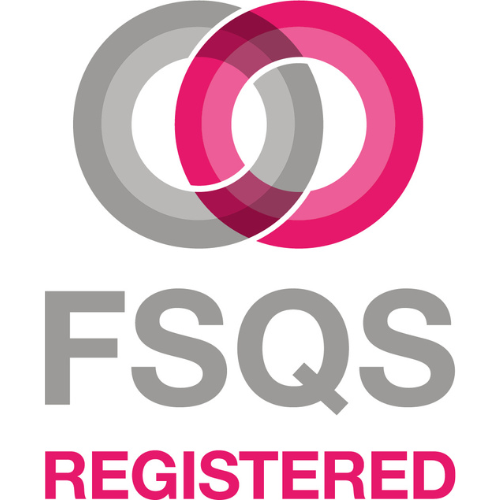I wrote an article just over a month ago titled “Product Governance: Not just a pandemic process”. The message that product governance is the issue, not the pandemic, has been a strong theme in virtually all of the FCA communications on product value over the last 9 months. ICSR has become aware that the FCA has now instigated a sample review of firms. In my view, the first step in a process of using the pandemic as an opportunity to benchmark the product governance process across firms.
No new regulation on product governance has been introduced this year. Indeed, in the draft guidance issued by the FCA on 1st May they said:
“This statement sets out our expectations for firms when considering the fair treatment of all customers for an insurance product as defined below, not just those in financial difficulties as a result of Covid-19.”
This review of firms is, in all likelihood, an initial piece of diagnostic work by the FCA. I suspect that not only will we see an (anonymised) assessment of the way product governance processes have worked in this scenario, but also more commentary on the issue of culture in firms.
The information request sent by the FCA is very specific and asks for, among other things, the following:
- The identity of the SMF within the firm who has responsibility for product governance and a copy of their Statement of Responsibilities;
- Documentary evidence of the Board or Committees consideration of value of the products as a part of the Firm’s response to F19/5;
- The output of the assessment which was due to be completed by 3rd December;
- Details of material changes made to products as a result of the review and assessment including where the firm ceased writing new business or made changes to the level of cover available; and
- Details of any process, system or governance changes.
As everyone will know from past experience the outcome of thematic reviews of this nature is usually a requirement for firms to improve what they have done or should have done. Often with intervention and, where considered appropriate, disciplinary proceedings. It is also well known that in the eyes of the FCA if there is no documentary evidence of a fact stated by a firm then that fact is not true.
The very clear and direct nature of the above requests send a very strong signal about the FCA’s intentions. Taken in the context of the Covid-19 litigation it looks and feels like evidence of a toughening up of their approach and evidence on their part to hold firms and individuals responsible for any failure to follow FG19/5 and/or failure to properly undertake a detailed and appropriate review of their products. Firms that failed to heed the warnings given by all of the FCA guidance about PROD and reviewing products including FG19/5 are likely to be looking down the wrong end of a double-barreled 12-bore.
A Look Back At The Guidance Given
FG19/5 guidance was confirmed on 3rd June, and firms were set a 6 month deadline of 3rd December to complete their product value reviews, it was noticeable that there was no specific requirement for firms to report on the outcome. In October, when the FCA reviewed their guidance, they made it clear that:
“Firms should monitor this as part of their product governance processes and act where necessary.”
The FCA expects firms to have robust and effective product governance processes with the necessary resource and expertise to identify, analyse and respond to changes in the market that might affect the product value.
In their initial draft guidance issued 1st May, the FCA reminded firms where it expected them to act:
“Product value …. is an essential part of firms’ obligations when manufacturing products. Customers should expect value from the products they buy, and this is particularly important in the current period of economic uncertainty.
Many insurance providers are already considering how their products have been affected by coronavirus and taking action, for example where they have been experiencing difficulties in delivering benefits due under the insurance contract. We welcome these steps.”
At this point, I will reflect again on one very public example of a firm that, at least through its public actions and communications, would appear to have a very effective product governance process – Admiral Insurance. It is the timing of Admiral’s actions that I believe may influence the FCA thought process. On 21st April, Admiral made a public announcement on their intended course of action. If we take the start of “lockdown 1.0” as the trigger point for their product governance processes, then that is around 4 weeks from realisation to response. The FCA allowed firms 6 months to respond – from 3rd June.
Conclusion
With the possibility that this review is the thin edge of a well sign-posted wedge, any firms which have not taken the FCA guidance with enough seriousness should now take steps to ensure that they complete as quickly as possible any review they have been undertaking. If, in retrospect, that review may look a little light on approach, now might be the time to go back and look at whether the terms of the review were wide and deep enough, including a look at the substance of the Product Governance arrangements and deliverables to ensure they are fit for purpose and the oversight provided by the Board or appropriate Board Committee is what it should be. The following questions should be asked:
- Did the firm’s product governance processes work in substance, and if so was that before or after they were prompted to do so by the 1st May announcement?
- Has oversight of Product Governance by the Board or Board Committees been appropriate?
- Has the firm properly conducted a detailed review?
- Has the firm made changes to either products and prices or the product governance procedures in light of the FCA Guidance?
If you would like to discuss any aspect of your product governance process, or know more about the specific questions being asked of firms by the FCA, please feel free to speak with myself or a member of the ICSR team.
Kenneth Underhill
Director
Implement Compliance Solutions & Resources
Computers4Schools
ICSR is supporting the Insurance Community initiative 'Computers4Schools'. Find out more about the way you and your organisation can support this by watching this video narrated by Huw Evans, Director General of the ABI.










